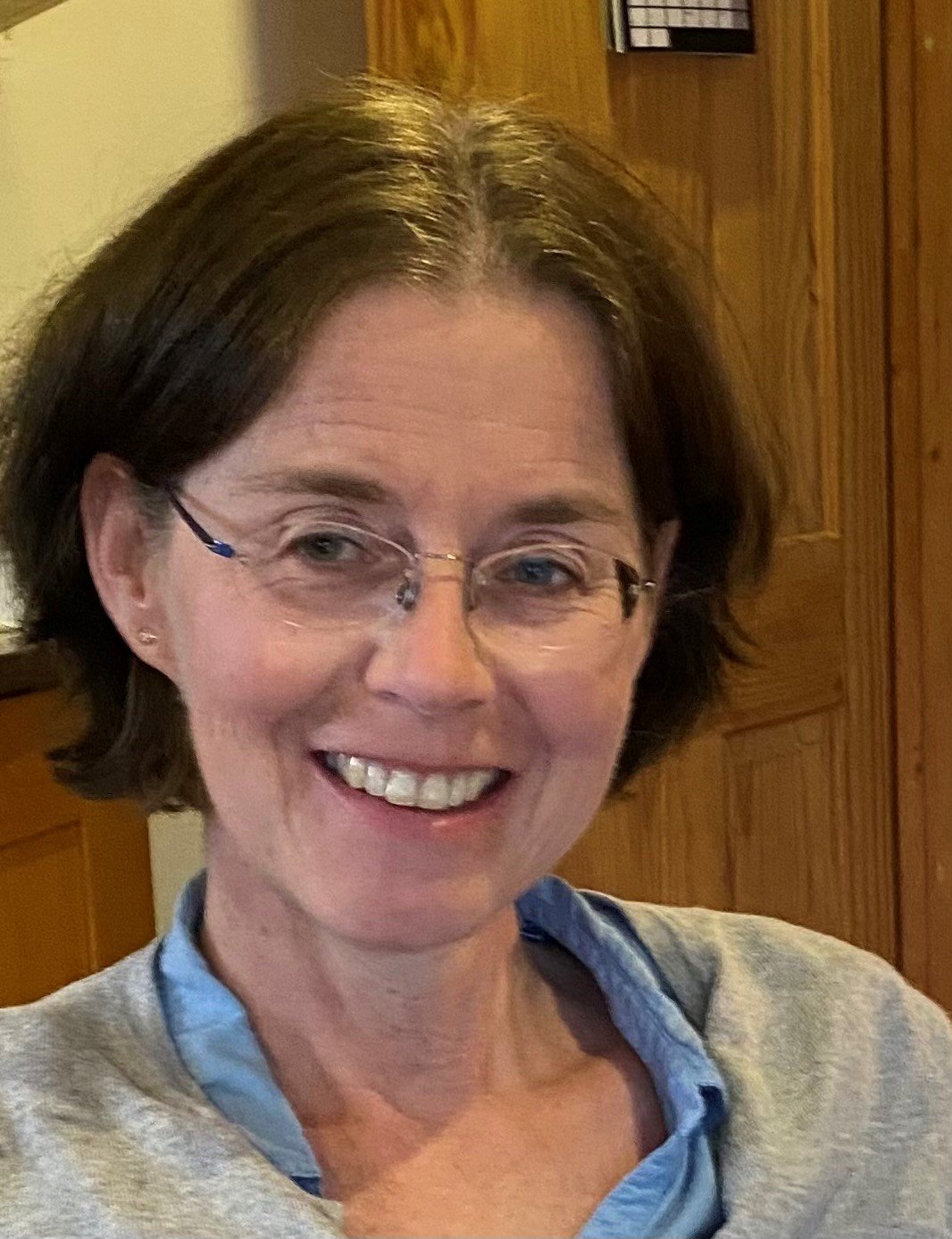Deb Gompertz is a Complex Care GP and Clinical Lead in South Somerset. In the last year she has been undertaking a Population Health Fellowship focusing on person centered care, proactive care, and collaborative working as well as changing practices with environmental impact. She Tweets at @DebGompertz.
Case study
What was the problem?
What was the solution?
What were the challenges?
- Fund extra pharmacy support required through financial savings (initial impact assessment has suggested this would significantly exceed the costs).
- Reallocate resources away from an emphasis on routine, high volume but low impact medication reviews.


